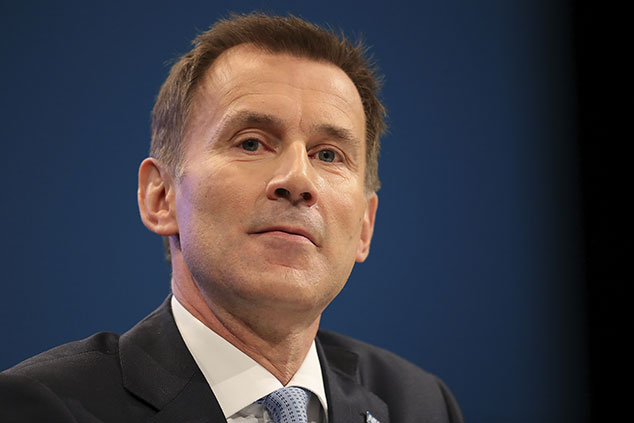
But does that mean more money? And who will pay? Matthew Partridge reports.
“Will July’s NHS 70th birthday be a celebration or a funeral?” asks Polly Toynbee in The Guardian. The Institute for Fiscal Studies (IFS) and the Health Foundation charity have declared that the service “needs – absolutely, unequivocally needs – funds that add another £2,000 a year per household in tax over the next 15 years.
That’s a sum to drain the blood from any chancellor’s cheek.”
It certainly is, says Sarah Neville in the Financial Times, and “tensions” are mounting as negotiations over Prime Minster Theresa May’s “long-term funding plan” for the NHS take place. Health Secretary Jeremy Hunt is pushing for a commitment to a 4% real-terms increase over ten years, claiming that the public are willing to pay higher taxes, while Chancellor Philip Hammond wants to keep it to 2% over five years. The Health Foundation and IFS’s figure of £2,000 is equivalent to an increase of 3.3% for the next 15 years and that will only allow the NHS to “tread water”.
Can we afford it?
Many cabinet ministers believe that any tax rise, “even one explicitly” destined for the NHS, “won’t wash” with a public already worried about the cost of living, says James Forsyth in The Sun. It’s also hard to see how “any tax increase could get through the Commons”. The alternative is to “let the deficit take the strain” (that is, borrow the money rather than raise taxes). But many in the Treasury believe this is inherently unsustainable and fear “going into Brexit” with a rising deficit.
The last thing the public wants is for extra billions to be “taken out of their earnings” only to be “frittered on management, bureaucracy and pay rises”, agrees Dominic Lawson in the Daily Mail. Between 2001 and 2007, half of the rise in NHS funding went on “higher pay for staff and increased prices charged by suppliers”. At the same time, “colossal amounts are wasted on pointless prescriptions which are perversely encouraged by the GPs’ contracts with the NHS”. For its “own health” the NHS must become “fitter not fatter”.
Tax rises are not the only answer
Fans of austerity can always “point to inefficiencies”, says Toynbee, but the reality is that “eight years of flat funding, harsher than the NHS has ever known”, has created a “slow slide crisis” that has seen the NHS “growing weaker, offering worse and less, failing in modern technology, and trailing behind international survival rates”. So May should “stop scrimping”. A “political price will eventually be paid for a squalid service”.
There’s no doubt that IFS staff are “the best public finance number-crunchers in the UK”, says Ryan Bourne on CityAM. But claiming that the only way to solve the NHS crisis is to raise taxes is “bizarre”. Leaving aside efficiency improvements, there are “plenty of areas where spending could be rowed back” and others where “much needed supply-side reform could negate the need for existing spending”. Tax hikes “are the last refuge of the unimaginative”. Yes, healthcare spending will inevitably rise – but taking more of our hard-earned income is not the only solution.